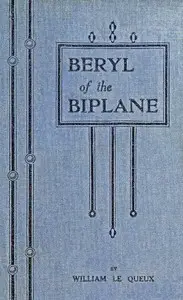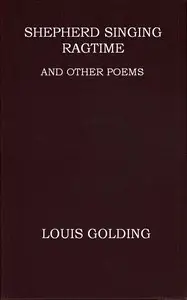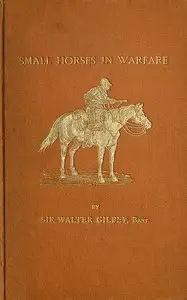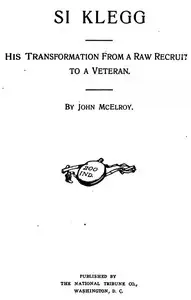"Beryl of the Biplane: Being the Romance of an Air-Woman of To-Day" by William Le Queux is a novel written in the early 20th century, likely during the World War I era. The story follows the lives of Ronald Pryor, an intrepid aeroplane builder and aviator, and Beryl Gaselee, a daring female aviator who assists in the war effort. The narrative captures their adventures in aviation, romance, and the dangers posed by enemy espionage. The opening of the novel introduces Ronald Pryor, a charismatic young man celebrated for his flying skills, who operates a successful aeroplane factory. After sustaining injuries in battle, he pours his energy into enhancing his biplane, aptly named "The Hornet." He engages in aerial defense for London while navigating his complex relationship with Beryl, who aspires to be as proficient a pilot as him. Her skilled flying and ambition are highlighted as she impresses her peers in the male-dominated field. This dynamic sets the stage for both their romantic entanglement and the looming threat of enemy spies, particularly as they gather intelligence on "The Hornet" and its innovative technology. The opening effectively combines themes of love, bravery, and intrigue. (This is an automatically generated summary.)

Beryl of the Biplane: Being the Romance of an Air-Woman of To-Day
By William Le Queux
"Beryl of the Biplane: Being the Romance of an Air-Woman of To-Day" by William Le Queux is a novel written in the early 20th century, likely during th...
William Tufnell Le Queux was an Anglo-French journalist and writer. He was also a diplomat, a traveller, a flying buff who officiated at the first British air meeting at Doncaster in 1909, and a wireless pioneer who broadcast music from his own station long before radio was generally available; his claims regarding his own abilities and exploits, however, were usually exaggerated. His best-known works are the anti-French and anti-Russian invasion fantasy The Great War in England in 1897 (1894) and the anti-German invasion fantasy The Invasion of 1910 (1906), the latter becoming a bestseller.


















